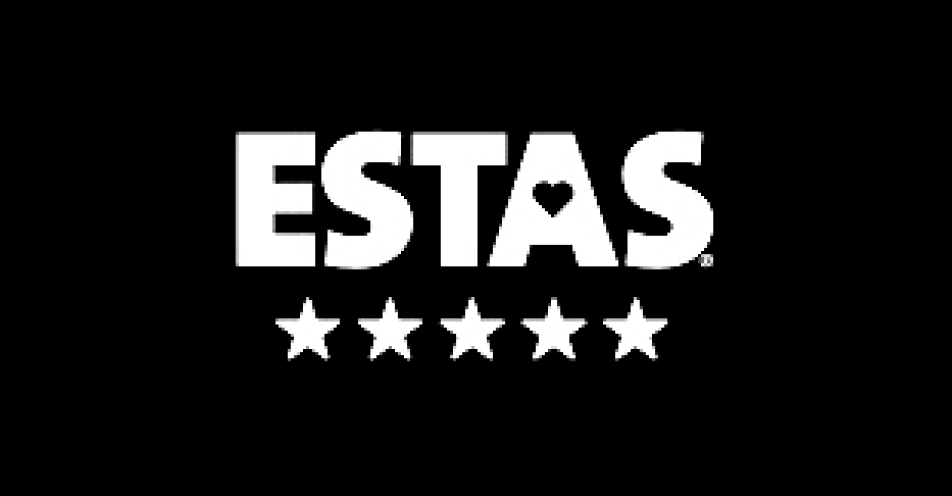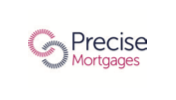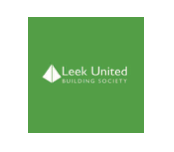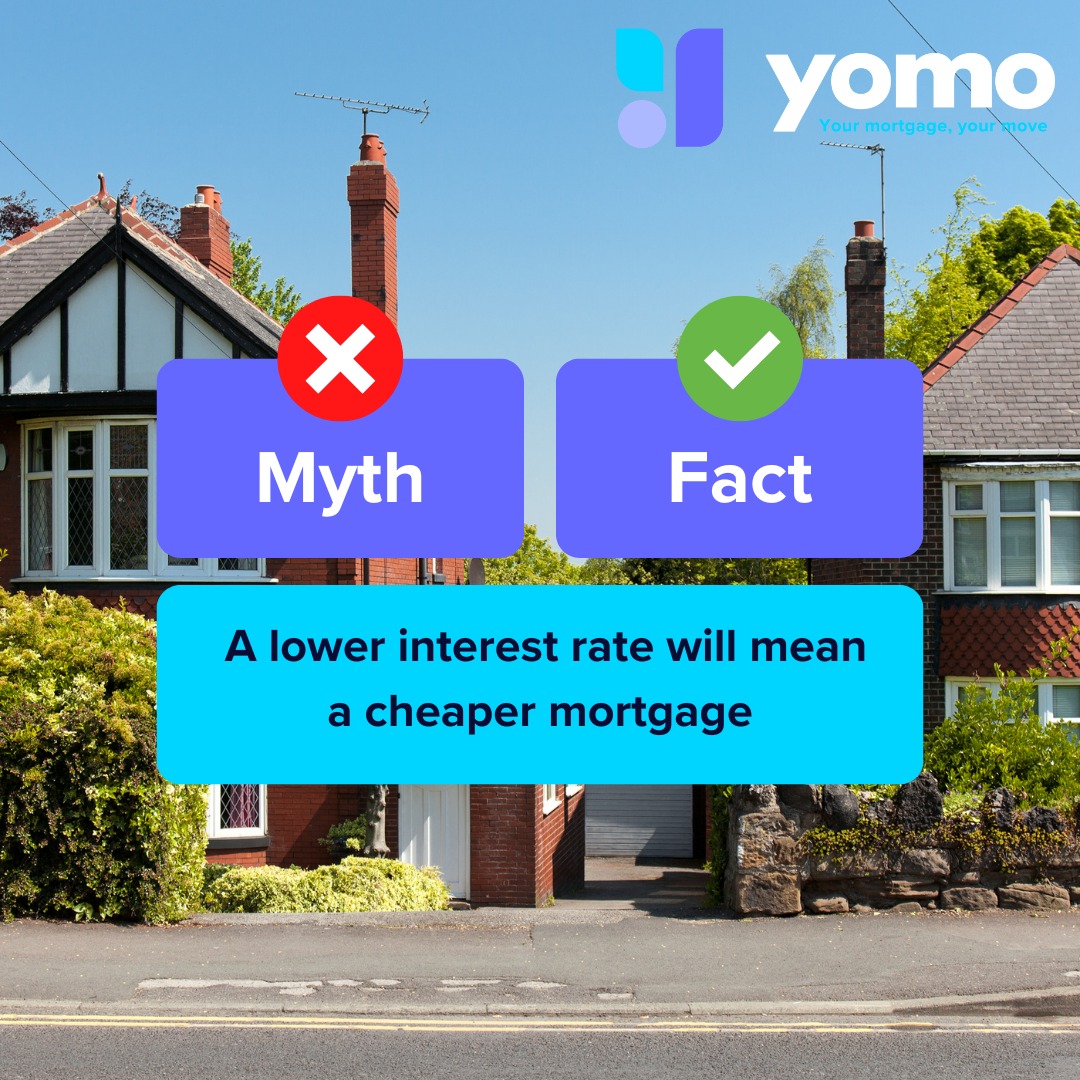Talk with a mortgage expert and find the perfect mortgage.
Your Mortgage Expert



100 Years in the
Mortgage Business
Awarded Best Mortgage Advisor in 2022


Awarded Best Mortgage Advisor in 2022
100 Years in the
Mortgage Business

4.9 rating on
google reviews

99% satisfaction
rate based on ESTA’s


ABOUT

ABOUT
The Mortgages Broker is here to provide you with information on different types of mortgages and connect you with a suitably qualified professional that deals with that type of mortgage.
Out mortgage partners have decades of experience and are well placed to assist you with your next home move, remortgage or investment finance. Read on to find out more!
3 Easy Steps to Your New Mortgage
Find the perfect mortgage for you
Contact us now to speak to a professional
A qualified professional will contact you
Type of Mortgages
Typically a First Time Buyer is someone who hasn’t owned a property before, but this is not always the case. Some lenders have criteria that ‘resets’ their First Time Buyer policy, for example Nationwide will allow you to utilise their First Time Buyer products again if you haven’t owned a property or been on a mortgage 3 years prior to any application*.
As a first time buyer you generally have more options which are essentially ‘introductory’ offers. For example, Nationwide offer a ‘Helping Hand’ scheme which offers a 5.5x income multiple for sole and joint applicants, whereas most other lenders will only allow you to multiply your income by 4.25 or 4.5 times.
Lenders also typically give first time buyers a number of incentives such as cash back with their first purchase.
*Criteria subject to change by the lender.
Having bad credit means your credit file shows things that may put lenders off from providing you a mortgage. This can include late or missed payments, or having lots of existing debt. More severe things that can impact you getting a mortgage can include Defaults, County Court Judgements (CCJ), Bankruptcy, Individual Voluntary Arrangement (IVA) or a Debt Management Plan (DMP).
The good news is that there is a whole sector of the mortgage market geared up to lend borrowers/clients money for their next or first home purchase or remortgage if they have bad credit. These mortgages are just like regular mortgages, except they come with higher interest rates and there could be a lower limit on how much you can borrow. You might also be asked to come up with a larger deposit of at least 20-25% of the value of the property, rather than 5-10%.
With the cost of this type of mortgage being higher it is important you speak to a specialist.
A 95% is like any other mortgage but it only requires a 5% deposit to purchase your home. This is fantastic news as previously you needed 10% or more!
This isn’t just available for First Time Buyers these mortgages are available for anyone looking to buy for the first time or moving. As you would expect, with a low deposit the interest cost of these products is higher than if you had a 10% or 15% deposit. Speak with an expert today to find you the best 95% mortgage.
This scheme works by providing you a mortgage on part of the property, and you then pay rent on the rest e.g. you own 40% of the property and pay rent of the un-owned 60%. This means you can buy a home with a smaller deposit and will own 40% of the property.
For example if you found a property at £300,000 and wanted a 40% you would be buying £120,000 of that property and this is the part you would seek a mortgage on. If you wanted to put down a 10% deposit, you would only need to put down 10% deposit on the part you are buying e.g. the £120,000 so £12,000 deposit and not the full £300,000 value of the property.
Rent is typically charged at around 3% of the unowned portion of the property. In the example above if you take £180,000 which is the unowned portion you pay rent on, and multiply this by 3% this gives you £5,400. If you divide this by 12 this gives you the monthly rental figure of £450 (£300,000 x 60% x 3% / 12).
You have the option to increase you share from 40% up to 100% (usually) and this is called ‘Staircasing’.
Advantages of shared ownership
- You can buy the part of the home you’re renting out at a later date
- Gives you a chance to own your home, even without a big deposit
- You pay rent on a property that you have a chance of eventually owning
- You can sell your shared ownership at any time, even if you don’t fully own it
Disadvantages of shared ownership
- When selling your home, the housing association may not give you full control over who you sell to
- You have to pay ground rent and service charges on your home
- If you’ve purchased a flat, you might need to pay maintenance charges
100% mortgages are few and far between as lenders are more cautious since the 2008-2009 banking crisis and recession. Prior to this it was typical for lenders to approve mortgages with no deposit or even 100%+ mortgages that allowed you to borrow more money than the property was worth.
Following the banking crisis ins 2008-2009 lenders tightened up lending criteria and the mortgage market regulator, the Financial Conduct Authority, eventually introduced new affordability rules designed to ensure that lenders (and borrowers) didn’t get into the same mess as was 2008-2009.
However, there are two lenders that pure offer 100% mortgages. One on a shared ownership basis. Refer to the Shared ownership section to find out more.
The other is with Skipton Building Society which uses a track record of your rent paid over a 12 months period. For example if your rent is £1200 per calendar month, they may be able to lend you up to £1200 as a mortgage payment per month. Other criteria applies and this is subject to change.
WHY USE A BROKER?
There are lots of advantages to using a mortgage broker
- Fully Qualified: A mortgage broker is fully qualified to deal with regulated residential and investment mortgages
- Whole of Market: A mortgage broker can search across the whole mortgage market. If you go directly to a lender for a mortgage, you’ll be limited to just that lenders products
- Discounted Products: Mortgage brokers often have exclusive products and offers that the public do not have access to if they went direct to a lender
- 24/7 access: These days you can access a mortgage broker all day every day, over the phone and via zoom/Microsoft teams from anywhere in the country!
- Case Management: A Case Manager and Admin is often assigned to provide extra support and speed up the remortgage or buying process as well as providing an extra point of contact
- Heavy Lifting: A mortgage broker will do the majority of the engagement with the lender so you don’t have to, taking away that stress for you!

- 5 Star Trust Pilot: We only work with mortgage brokers that have a 5 start trust pilot review score, ensuring borrowers/clients receive the best advice possible
- Added Value Services: A mortgage broker doesn’t just support you with the mortgage, they can be the ‘one stop shop’ for your mortgage protection, your buildings & contents insurance and Wills. You may also be able to find other types of finance such as bridging finance, development finance and commercial mortgages.
Why Choose Us

5 star rating on Trust Pilot

We've been in the mortgage business for nearly a combined 100 years

Our 'Mortgage Partners' not brokers, have been recognised by 'Industry Leader's'

Our 'Mortgage Partners' have been awarded Best Mortgage Advisor in 2022

4.9 rating on google reviews

99% satisfaction rate based on ESTA's
How Mortgage Process Works

The next step is to gather all the necessary documents that are required for the mortgage application process. This includes identification, proof of income, bank statements, credit reports, and other financial documents.
The main job of a mortgage broker is to search the whole market for the best product that meets a clients individual needs by taking into account various factors such as interest rates, product costs, cashback, among other considerations like Early Repayment Charges. This deal is all tailored to a clients affordability and budget.
Once you have all the necessary documents, a mortgage broker can submit a Decision In Principle (DIP) or Agreement In Principle (AIP) to the preferred lender and if approved this will produce a certificate.
Once you have a Decision In Principle (DIP) or Agreement In Principle (AIP) approved, you can start looking for a home. You can work with an estate agent to find a home that meets your needs and budget in a location that you like.
Once you find a property that you like, you can make an offer. The offer is the price that you are willing to pay for the property. Once an agreement is reached on price the offer will be accepted.
Once the offer is accepted, your mortgage broker will submit an application to the mortgage lender using all the information gathered in the appointment with you and new information about the property such as the address, how many bedrooms it has etc. During this process, the lender will assess you as a new client and the property for suitability for lending.
If the lender is happy with you as a new client and they are comfortable with the property you are buying, they will issue a mortgage offer which is the formal offer to you that the lender will offer you the money you are asking for.
Every time you buy, sell or remortgage you need a solicitor. When buying a new home, the solicitors will request searches from the local council and initiate a review of the contract for buying/selling the property.
Once the seller and you as the buyer are happy with the contract, you can set an exchange and completion date. Once you exchange this is the formal point that you have legally committed to the purchase. Once you complete on the purchase you formally own the property and can arrange collection of keys to the property from the estate agent.
Choose from over 100 lenders with our mortgage partners






















































Will a lower interest rate mean a cheaper mortgage?
It’s no secret that we would all prefer a lower interest rate.However…There are many […]
Read More
Bank of England cuts interest rates for first time in four years in boost for homeowners!
The Base Rate has now been set at 5%! This is a drop from […]
Read MoreFirst Time Buyers in Kent
It was an absolute pleasure to help out this First Time Solo Buyer!Strong communication and […]
Read MoreMortgage Myths
Myth! If you are thinking of buying a property with a mortgage, you may have […]
Read More
Will a lower interest rate mean a cheaper mortgage?
It’s no secret that we would all prefer a lower interest rate.However…There are many […]
Read More
Bank of England cuts interest rates for first time in four years in boost for homeowners!
The Base Rate has now been set at 5%! This is a drop from […]
Read MoreFirst Time Buyers in Kent
It was an absolute pleasure to help out this First Time Solo Buyer!Strong communication and […]
Read MoreMortgage Myths
Myth! If you are thinking of buying a property with a mortgage, you may have […]
Read MoreThemortgagesbroker.co.uk is a guidance website and introducer and is not regulated by the Financial Conduct Authority (FCA). All of the advisers we partner with work only for firms who are authorised and regulated by the FCA and specialise in a number of different fields. They will only offer any advice specific to you and your needs. The information on the site is not tailored advice to each individual reader, and as such does not constitute financial advice
By making an enquiry you accept that your information will be passed to one of the specialists we partner with. Depending on your individual circumstances, a fee may be payable to a partner firm but they will confirm this to you in an initial disclosure.

